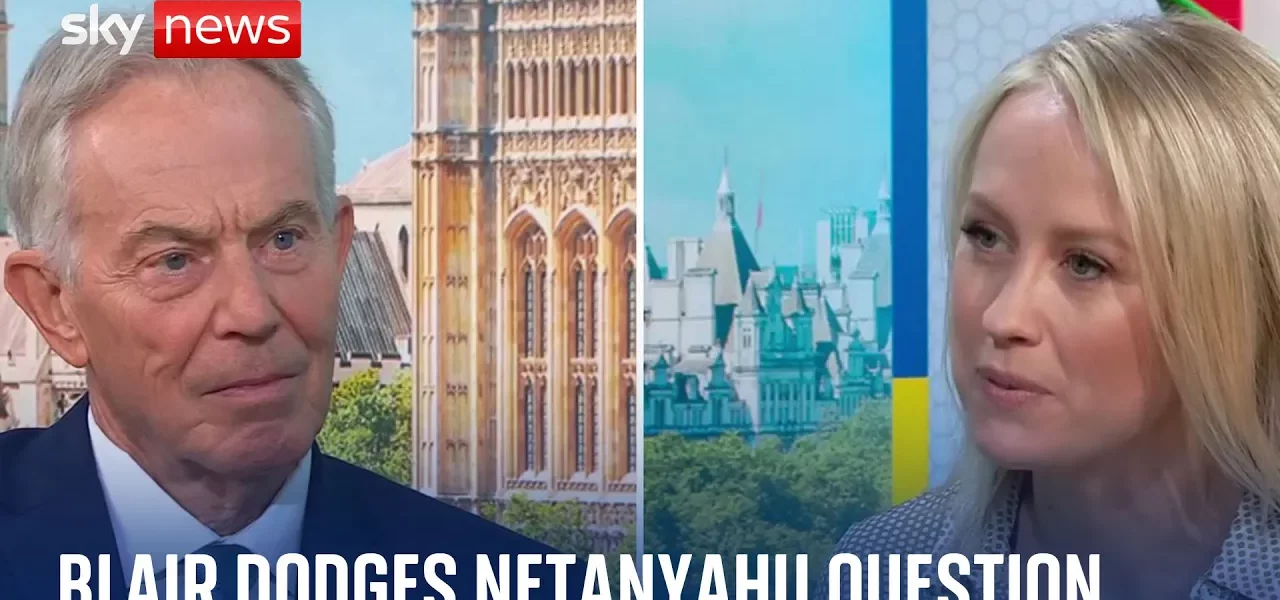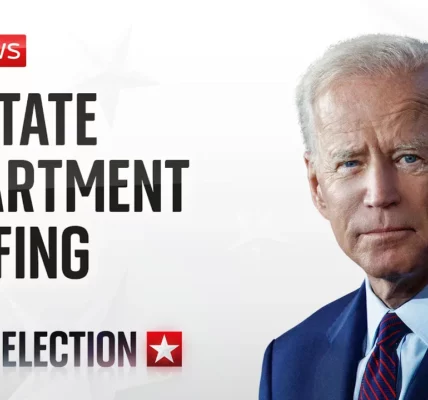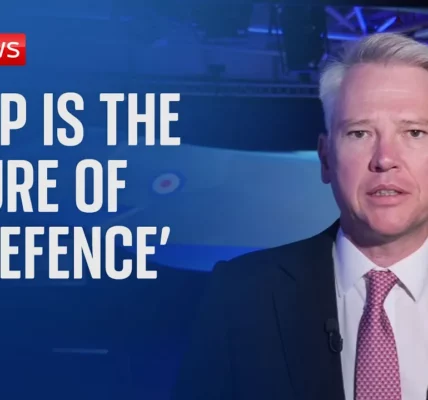Leadership Insights from a Former Prime Minister

In this article, we delve into the nuanced perspectives on leadership as articulated by a former prime minister, who shares insights drawn from over a decade of political experience and ongoing interactions with global leaders. This discussion emphasizes the pressing need for effective governance and the lessons learned from past challenges.
Introduction to Leadership Challenges
Leadership is a multifaceted role that demands not only vision and direction but also accountability and the willingness to learn from mistakes. Throughout the years, leaders across various sectors have faced immense pressure to perform, often in the face of adversity. The former prime minister’s reflections reveal the complexities of governing and the essential qualities that define effective leaders. His insights challenge the conventional narrative that simply following public opinion equates to good leadership.
The Need for Better Leadership Frameworks
The former prime minister emphasizes the lack of comprehensive guidelines for political leaders, contrasting it with the wealth of resources available for leaders in other sectors. This gap highlights a significant oversight in political leadership development.
Understanding Leadership through Experience
Drawing from his decade-long experience as prime minister, he argues that effective leadership is often learned through practice and reflection. He notes that:
- Leadership requires a clear understanding of responsibilities.
- There is a necessity for accountability in decision-making.
- The experiences of leaders globally can provide valuable lessons.
Learning from Historical Leadership Failures
The discussion touches on various historical injustices within the UK, such as the Post Office scandal and the infected blood scandal, which serve as stark reminders of leadership failures. The former prime minister acknowledges that no system is infallible, and mistakes will occur.
Accountability and Reform
He stresses the importance of learning from past mistakes, stating that:
- Every incident should lead to an evaluation of what went wrong.
- Leaders must seek to implement reforms based on lessons learned.
- Establishing a culture of accountability can prevent future errors.
The Role of Technological Advancement in Governance
As the conversation shifts, the former prime minister highlights the transformative potential of technology, particularly artificial intelligence (AI), in shaping effective governance. He posits that:
Integrating Technology into Public Services
To improve public services, leaders must embrace technological advancements. Key areas of focus include:
- The implementation of electronic health records.
- Utilization of health data for preventative care.
- Adapting public services to be more efficient through technology.
Leadership During Crisis
The former prime minister reflects on the recent riots in the UK, acknowledging the underlying grievances that led to civil unrest. He emphasizes that leaders must:
Engage in Meaningful Dialogue
Effective leadership during crises requires a nuanced understanding of public sentiment, which involves:
- Listening to the concerns of the populace.
- Addressing grievances rather than merely reacting to them.
- Establishing trust and transparency in governance.
The Future of Political Leadership
Looking forward, the former prime minister expresses concern over the rise of populism and the emergence of strongman leaders globally. He believes that:
Center Politics as a Solution
The political center must be a place of solutions rather than a passive observer. This involves:
- Addressing the core issues that lead to discontent.
- Offering clear and actionable policies that resonate with citizens.
- Fostering a political environment that encourages collaboration.
Conclusion
In conclusion, effective leadership is not merely about making popular decisions but involves a deeper understanding of governance, accountability, and the role of technology in modern society. As the political landscape evolves, leaders must adapt and learn from past experiences to pave the way for a more equitable future. For those interested in exploring more about leadership and governance, we invite you to read our related articles on best practices in leadership and the role of technology in governance.
“`




